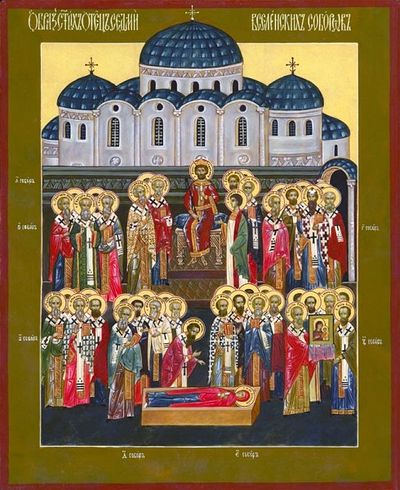Well, what you're describing here is a kind of dualism found commonly in pagan religions. "God is light," the apostle John wrote, "and in Him is no darkness at all." (1 John 1:5) God existed in this way before there was physical darkness, or evil, or Satan. God did not need these things as an "essential backdrop" to his purity, holiness, and light. He is not counter-balanced, or highlighted, or juxtaposed against evil so that His holy perfection is recognized. God's perfection requires no contrast. To think that the devil is essential to the full expression of God's holy perfection is to misunderstand badly who God is.
One wouldn't know covetousness as a moral evil, if God had not said it was evil. But the pygmy in the jungles of New Guinea who has never heard of the Gospel or the Ten Commandments, knows perfectly well what covetousness is (though, he uses a different word for it). God's Moral Law, then, identifies covetousness as evil, but people know what covetous is without a Moral Law to tell them its bad.
Yes, it is necessary to know what sin is in order to turn away from it. But it is pagan dualism to think that there can only be righteousness if there is sin with which to contrast it. Again, God existed in timeless righteous perfection before there was a universe, and sin, and darkness, and the devil. Did God not know He was righteous until the devil and sin came into being? To say, "Yes," would be to deny His essential nature.


